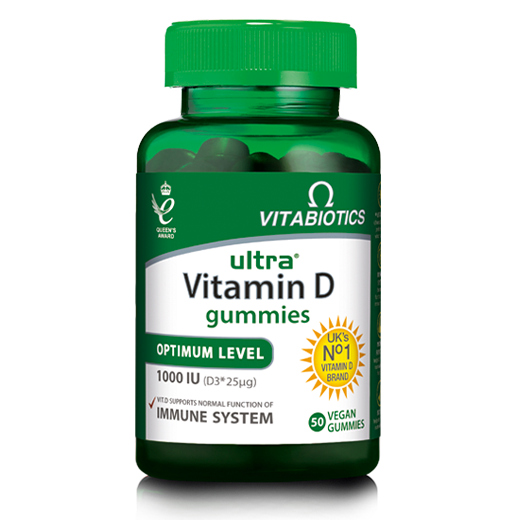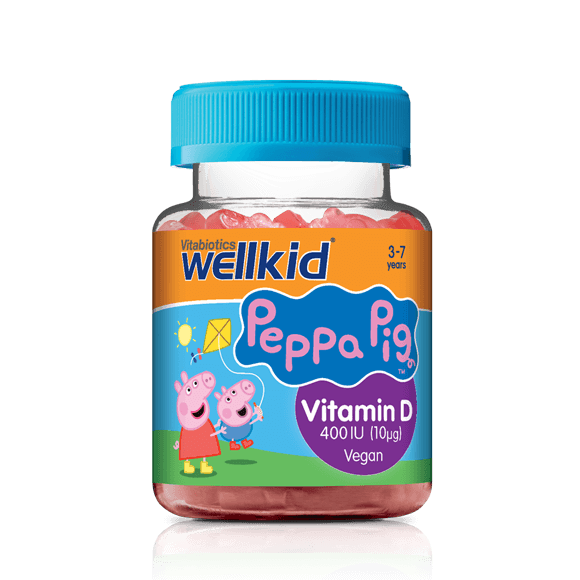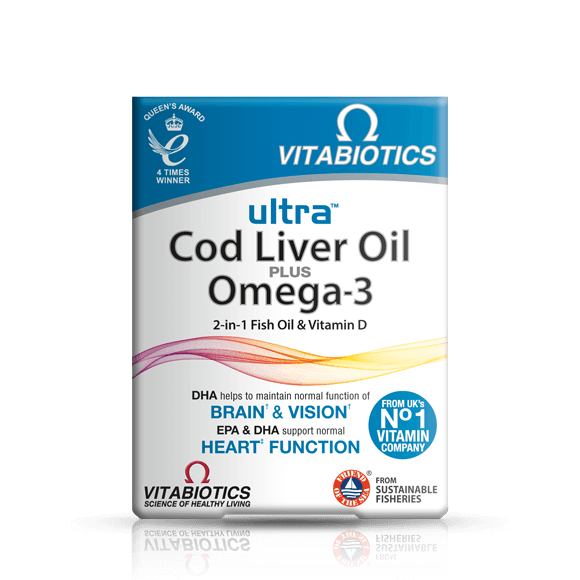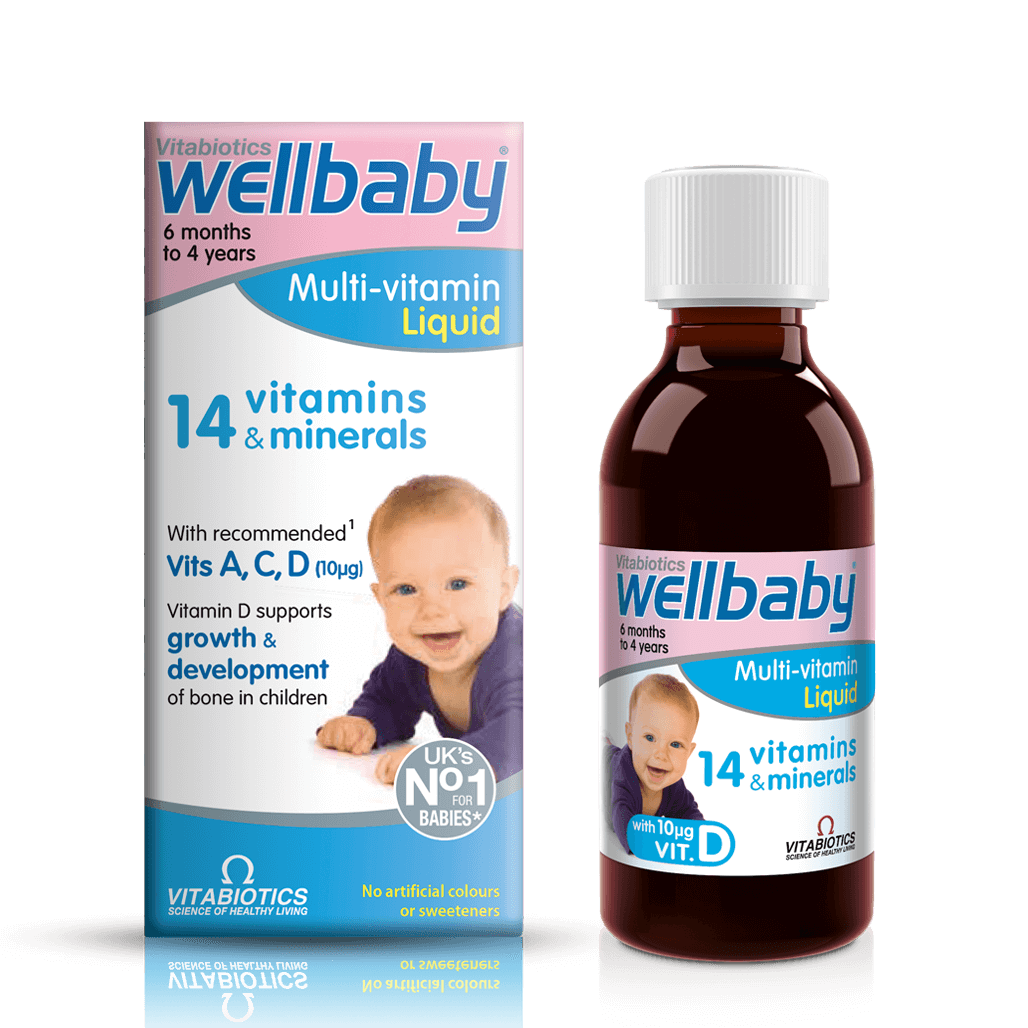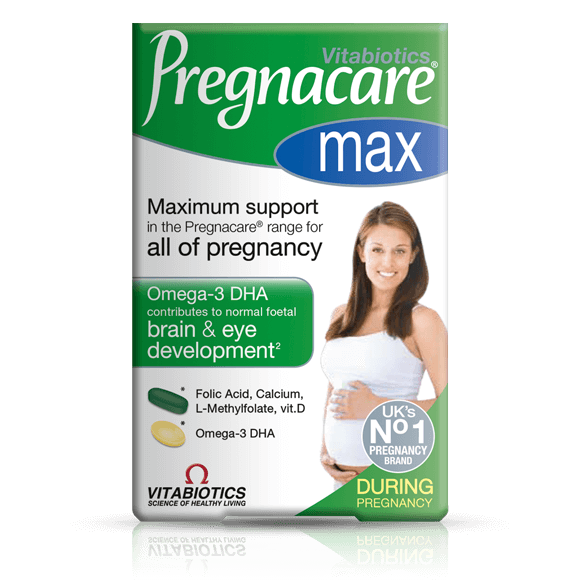Popular Categories

Wellbaby Vitamin D Drops
30ml
£6.75
£0.00| £6.75

Wellkid Calcium Liquid
150ml
£5.45
£0.00| £5.45

Immunace Original
30 Tablets
£8.15
£0.00| £8.15
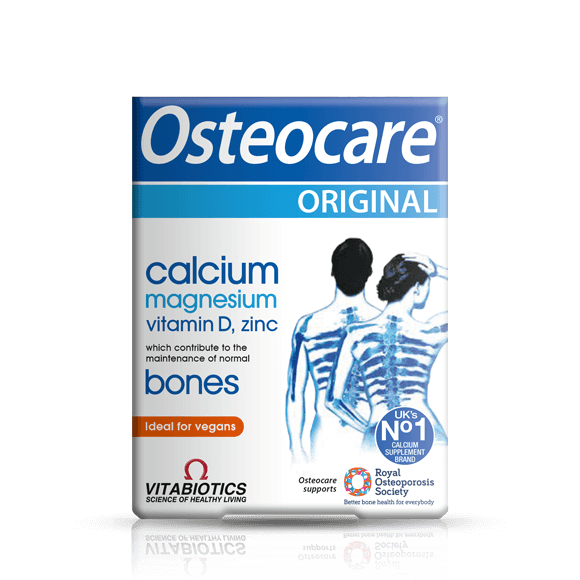
Osteocare Original
30 Tablets
£5.45
£0.00| £5.45
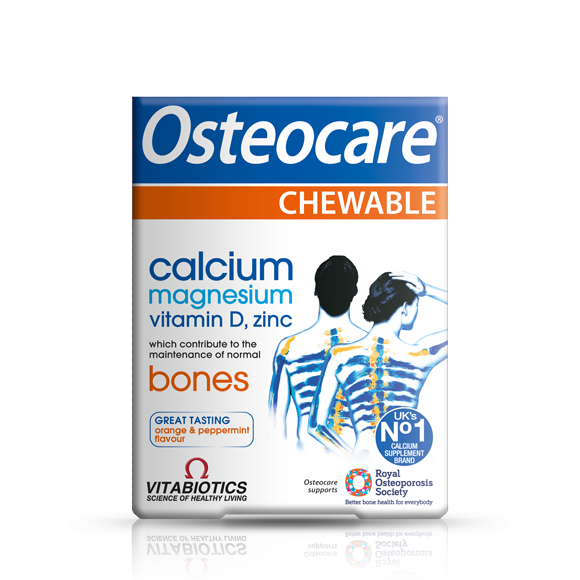
Osteocare Chewable
30 Tablets
£5.10
£0.00| £5.10
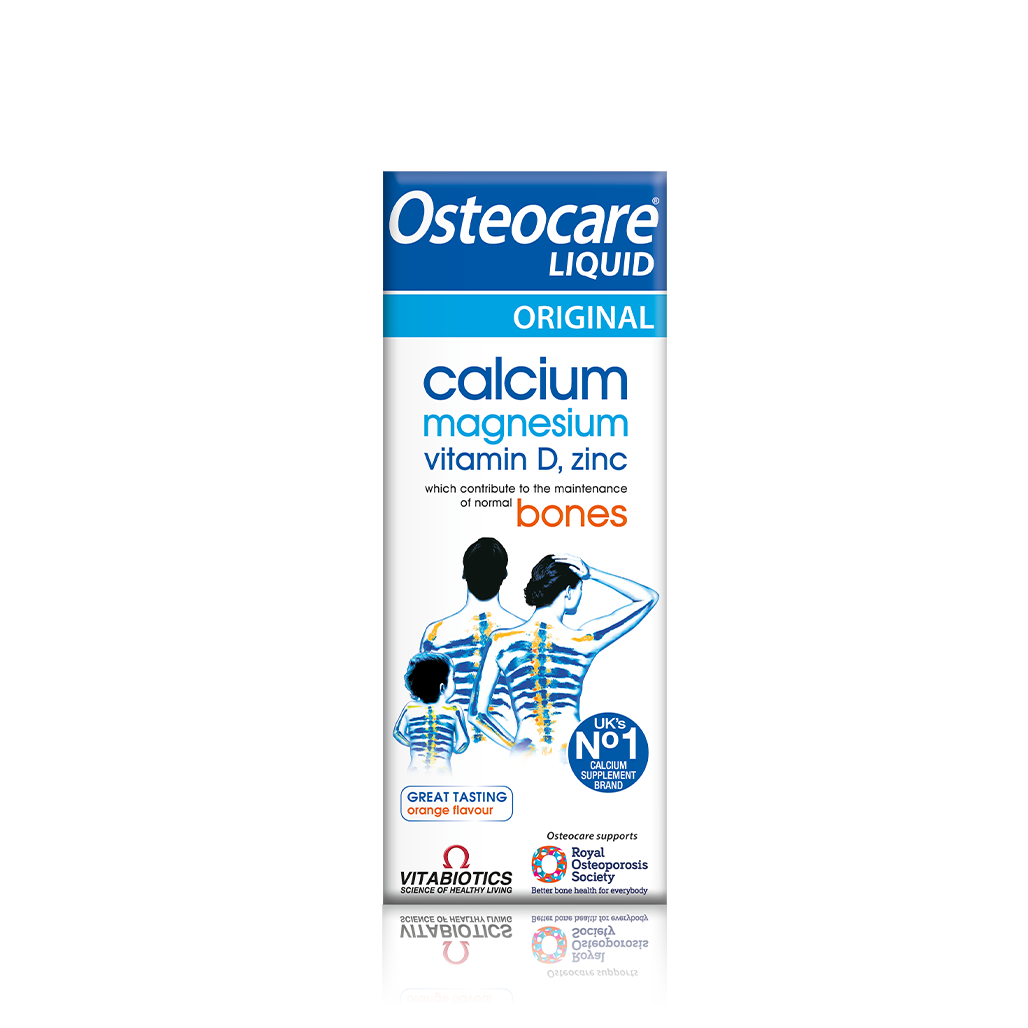
Osteocare Liquid
200ml
£5.15
£0.00| £5.15

Pregnacare Liquid
200ml
£8.25
£0.00| £8.25
Frequently Asked Questions
Vitamin D tablets are a convenient way to top your vitamin D levels. The UK Department of Health recommends that everyone should consider a daily supplement of vitamin D especially during the autumn and winter, when it would be difficult to obtain enough vitamin D from sunlight.
We get most of our vitamin D from the sun, as it’s produced by our body when our skin is exposed to sunlight. It can be very hard to obtain enough vitamin D from exposure to sunlight in winter, which is why the UK Department of Health recommends that everyone should consider taking a vitamin D supplement during the autumn and winter.
Learn more from our guide to The Main Sources Of Vitamin D.
Vitamin D can be found in several different food and drink groups, including fish (such as salmon, herring, halibut, canned tuna and sardines), fish liver oils, egg yolk, mushrooms (maitake mushrooms, portabella mushrooms and chanterelle mushrooms), fortified milk (cows milk, almond milk and soy milk), butter, margarine, fortified orange juice, some fortified cereals and some fortified yogurts. Read our blog to find out more about Vitamin D Foods.
In the UK, the Department of Health and Social Care recommends that anyone aged four and over as well as pregnant and lactating women should consider taking 10 micrograms (μg) of vitamin D a day during the autumn and winter.
Read more About Vitamin D Levels in our handy guide.
Vitamin D is a fat soluble vitamin, so it is better absorbed when consumed alongside a meal or snack that includes some healthy fats. There is no scientific consensus about which time of day is best to take vitamin D but some people prefer not to take it during the evening.
IU stands for International Units, which is a measure of the amount of vitamin D. This amount can also be measured in micrograms (μg), which is 1,000 times smaller than a milligram (mg). One microgram of vitamin D is equal to 40 IU, so a vitamin D 1000iu tablet would contain 25 micrograms of vitamin D and a vitamin D 2000iu tablet would contain 50 micrograms.













